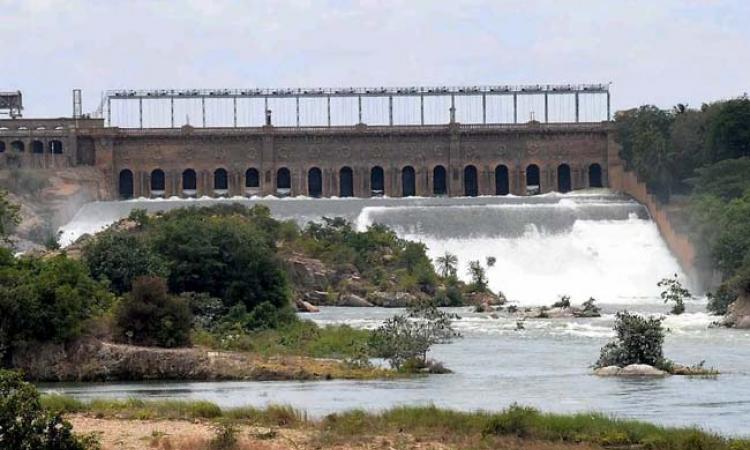
Supreme Court reduces quantum of water allocated to Tamil Nadu in Cauvery verdict
The Supreme Court has finally delivered its verdict on the long-standing Cauvery water sharing dispute between Karnataka and Tamil Nadu. The SC has reduced the quantum of water allocated to Tamil Nadu--Karnataka will now have to supply 177.25 tmc instead of 192 tmc from Billigundlu to the Mettur dam. Considering its “global status”, the court has allocated 4.75 tmc of Cauvery water to Bengaluru, despite it being located outside the river basin.
NHRC issues notice regarding increased levels of arsenic and fluoride in Chhattisgarh's drinking water
Taking suo motu cognisance of increasing arsenic and fluoride contamination in drinking water, the National Human Rights Commission has sent notices to the Centre and the Chhattisgarh government regarding the situation of drinking water in the state. The number of patients suffering from kidney diseases and fluorosis has gone up from 1148 in August 2016 to 1170 till date. Media reports indicate villages adjacent to industrial areas to be worst affected.
Increase in size of waterbodies observed near forested areas
In its assessment of the status of water bodies around forests, the Forest Survey of India has observed an increase in the extent of waterbodies lying inside or very close to forested areas. This goes to prove that healthy forest cover is crucial for maintaining ecological balance in critical watershed areas. Maharashtra, Gujarat and Madhya Pradesh top the list of states which have registered an increase in the size of such water bodies.
Aquifer mapping of about nine lakh sq km area across the country completed: CGWB
Aquifers have so far been mapped in close to nine lakh sq km area across the country and another nine lakh sq km will be mapped in another three years. The National Project on Aquifer Management was initiated by the government under the national water policy, 2012. Using geologic, geophysical and hydrologic analyses, the quantity, quality and sustainability of groundwater will be assessed and mapped for the entire country under the project.
Kerala to use robots to clean sewers and manholes
Following successful trial runs, Kerala is now all set to become the first state in the country to employ robots to clean sewers. Equipped with WiFi and Bluetooth, the robot comes with a control panel and limbs to scoop waste from sewers, eliminating the need for manual cleaning. Christened 'Bandicoot', the robots will initially be launched and utilised in Thiruvananthapuram. The capital city has over 5000 manholes.
This is a roundup of important news from February 13-19, 2018. Also, read policy matters this week.